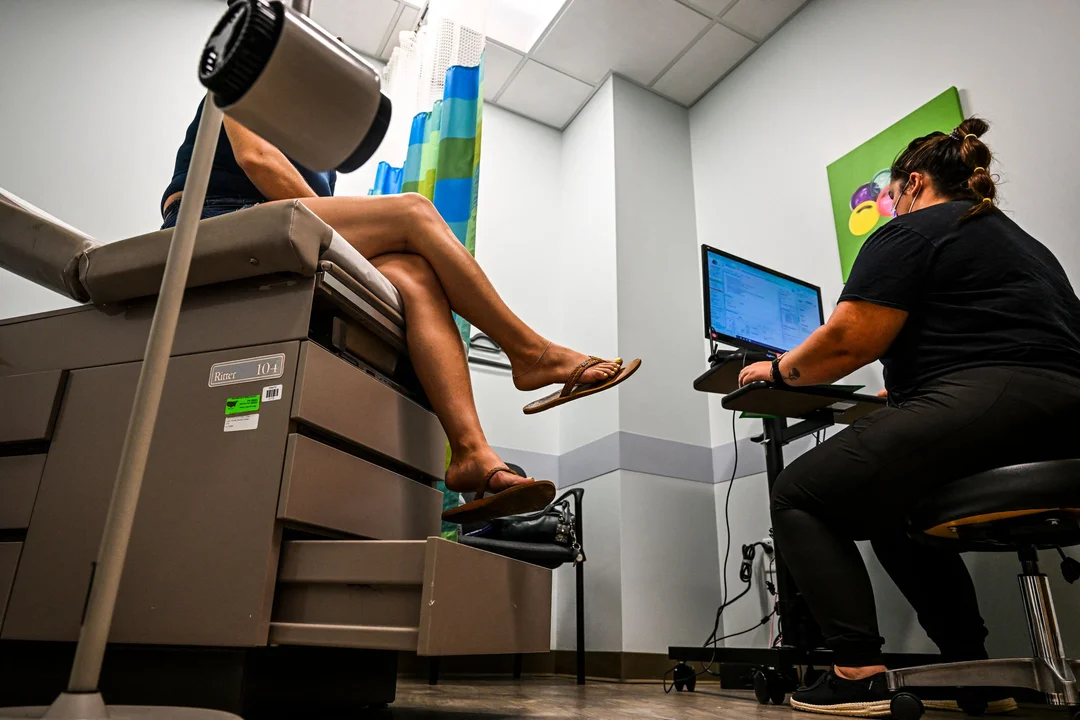
Florida’s Abortion Ban Impacts Women with Fetal Anomalies
Florida's stringent abortion laws have come under scrutiny once again, as they continue to impact women facing pregnancies with fatal fetal anomalies. The state's ban, which prohibits abortions after 15 weeks of gestation, has left many women in dire situations, unable to terminate pregnancies even when the fetus is diagnosed with severe, life-limiting conditions.
A recent case highlighted by 19thnews.org detailed the struggles of a Florida woman who discovered her unborn child had a fatal anomaly. Despite the diagnosis, she was unable to legally obtain an abortion within the state due to the restrictive laws. This has forced some women to seek care out of state, incurring significant financial and emotional burdens.
The controversy surrounding Florida's abortion laws has sparked widespread debate and legal challenges. Advocates for reproductive rights argue that the ban infringes on women's rights to make healthcare decisions, particularly in cases where continuing a pregnancy could lead to severe emotional distress and health risks. On the other hand, proponents of the law believe it protects the sanctity of life, even in the most challenging circumstances.
As the debate continues, the impact of these laws on women with fetal anomalies remains a poignant issue. The situation in Florida serves as a stark reminder of the complexities surrounding abortion legislation and its real-world consequences on individuals and families.